Stateless Heritage – Restoration as Resistance – Architectural Models
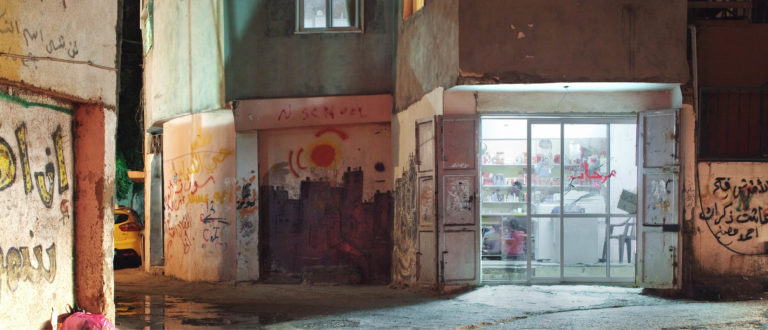
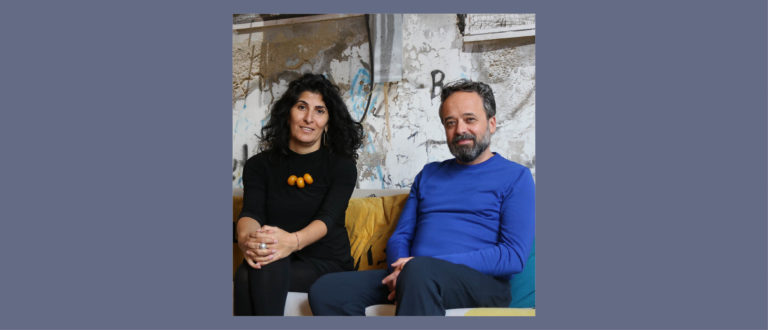
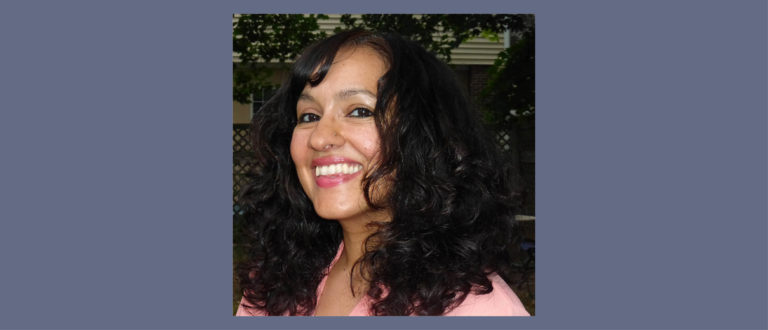
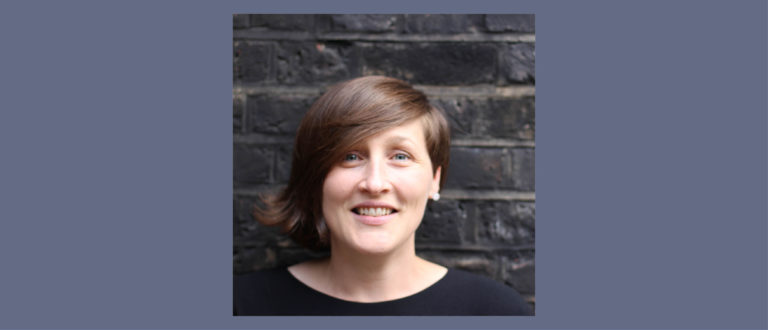
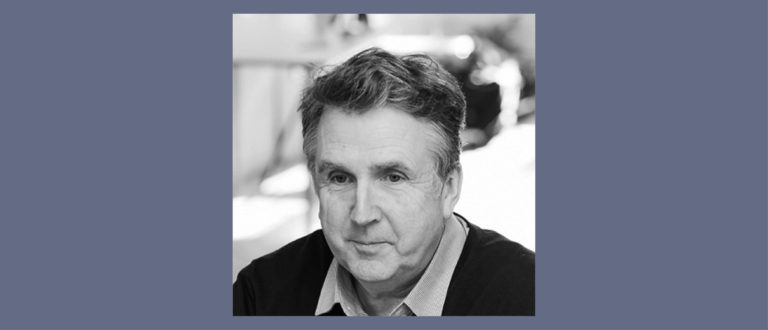
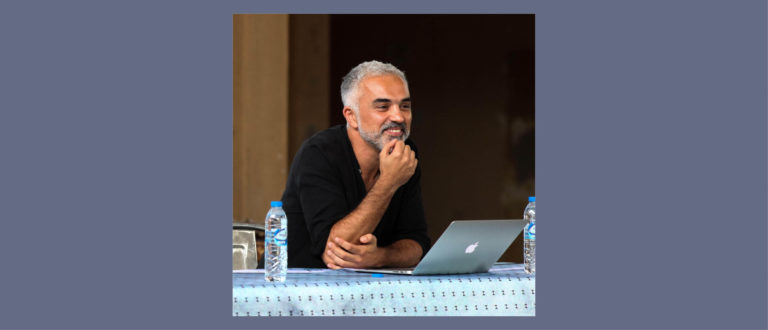
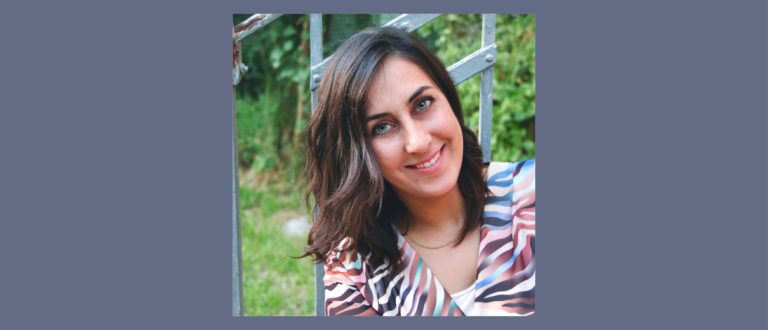
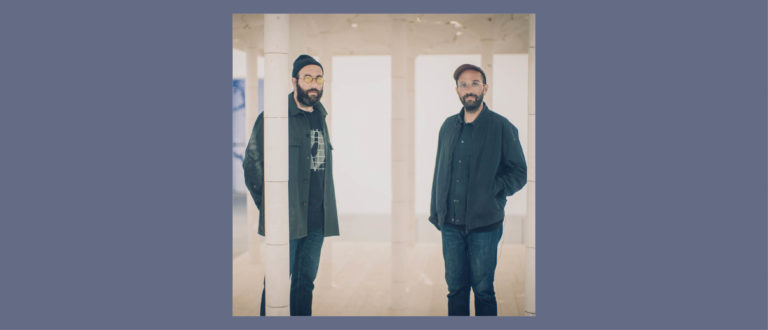
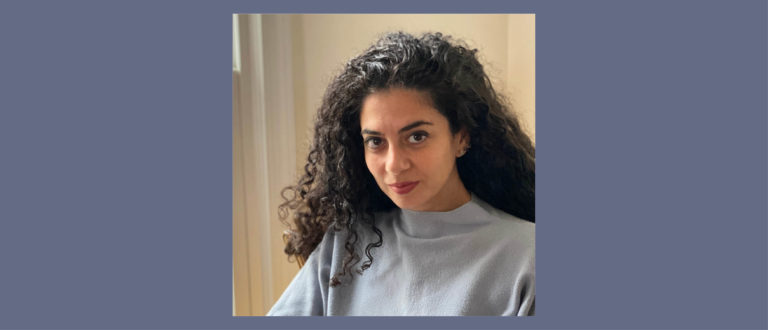
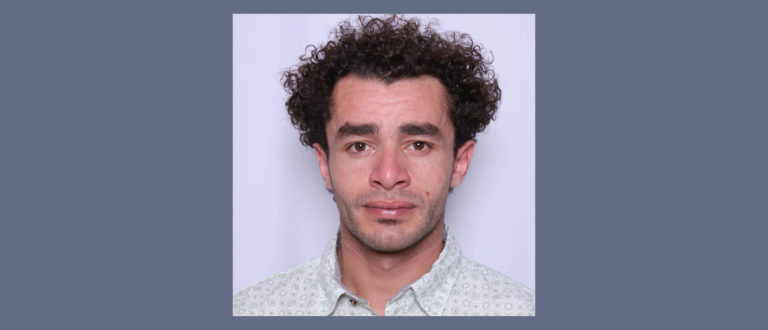
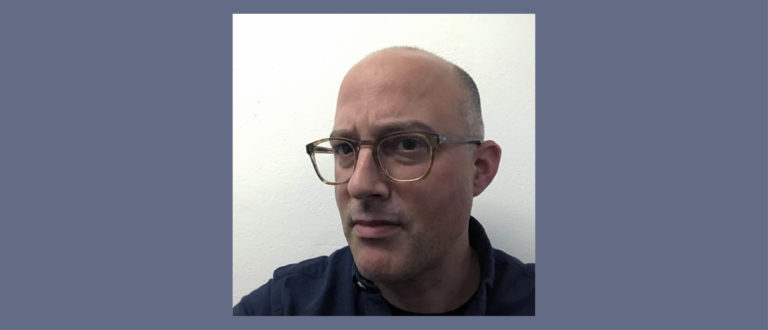
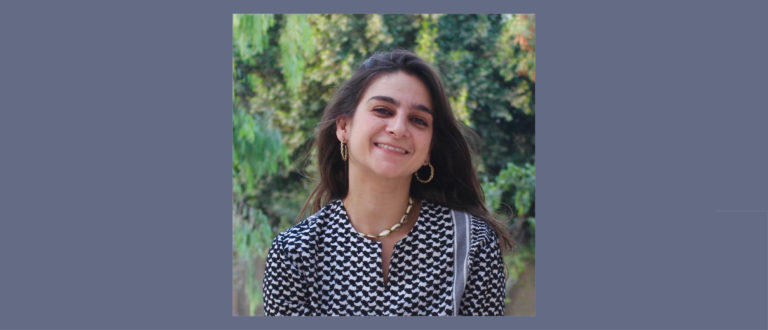
In partnership with the Architecture Foundation, The Mosaic Rooms brings together architects, researchers and artists for this series of three panel discussions. The series is part of programme accompanying the exhibition Stateless Heritage by DAAR – Sandi Hilal and Alessandro Petti.
Stateless Heritage is the first episode in the series. In this discussion, chaired by DAAR – Sandi Hilal and Alessandro Petti, speakers Anita Bakshi, Corinna Gardner and Robert Mull, discuss notions of material and immaterial heritage in relation to DAAR’s exhibition Stateless Heritage. They talk about their own research and work at the intersection of architecture and memory, and about collecting in response to rapid transformations and displacement.
In Restoration as Resistance in Palestine, Adrian Lahoud chairs a discussion with speakers AAU Anastas, Dima Srouji and Dana Abbas to consider how the preservation of cultural heritage is a form of resistance to Israeli settler colonialism. They look at how architecture and urban planning have been used to fragment and erase Palestinian territory and the ongoing work to combat this.
In the final episode Architectural Models & the Refugee Camp DAAR – Sandi Hilal and Alessandro Petti speak with Aya Musmar, Wafa Hourani and Stephan Mörsch to discuss the importance of using models that are based on real refugee camps. They look at how these reproductions of architectural realities go beyond the Western modern tradition.
The Architecture Foundation leads the conversation on the development of London and contributes to a global discourse about the architect’s changing role and responsibilities through the delivery of an accessible public programme that makes space for emerging architects, groups historically underrepresented in the profession, and representatives of a wide range of related disciplines. Exploring the architect’s capacity to combat climate change and systemic social inequalities represent central concerns of the programme.
About the speakers
Dana Abbas is an architect and researcher based in Palestine. She is part of Riwaq’s team (Center for Architectural Conservation) since 2018, and is a lead architect in The Life Jacket Project aiming at the revitalisation and development of rural Jerusalem. Dana holds a BA in architectural engineering from Birzeit University and an MA in Research Architecture from Goldsmiths University of London. More about Dana Abbas
Born into a family of architects, Elias and Yousef Anastas graduated from Paris with Masters in Architecture. They founded Local Industries in 2012, a community of bold artisans and designers dedicated to industrial furniture-making, and SCALES in 2016. More about Elias and Yousef Anastas
Anita Bakshi is the author of Topographies of Memories: A New Poetics of Commemoration (2017, Palgrave Macmillan). She received her PhD in the History and Theory of Architecture from Cambridge University with the Conflict in Cities Research Programme. She teaches at Rutgers University, Department of Landscape Architecture. Her research focuses on contested landscapes and histories, environmental justice, and the relationship between architecture and inequality. More about Anita Bakshi
Corinna Gardner is Senior Curator of Design and Digital at the V&A where she leads the museum’s Rapid Response Collecting programme. Her research focuses on contemporary product and digital design and the role they play in society. Current projects include a new permanent gallery for 20th and 21st century design at the V&A and an exhibition about the promise and problem of plastic today.
DAAR – Sandi Hilal and Alessandro Petti – is an architectural collective that combines conceptual speculations and pragmatic spatial interventions, discourse and collective learning. The artistic research of Sandi Hilal and Alessandro Petti are situated between politics, architecture, art and pedagogy. More about DAAR
Wafa Hourani studied experimental cinema in Tunisia. He works with a variety of media that include film, photography, installation, sculpture, performance, music, and poetry. He lives and works between Ramallah and Amman. In 2021 he collaborated with ICRC and created a model (Blackout) that focuses on the humanitarian and living conditions in the Gaza Strip with the implications of the electricity crisis. More about Wafa Hourani
Adrian Lahoud is an architect, urban designer and researcher as well as Dean of the School of Architecture at the Royal College of Art, London, and co-chair of the Rights of Future Generations Working Group. Previously, he was Studio Master at Projective Cities, Architectural Association, London, and Director of the MA in Research Architecture, Goldsmiths, University of London. More about Adrian Lahoud
Stephan Mörsch is an artist with an interest in reconstructing existing architecture on a scale of 1:10. He is primarily concerned with self-organised building activity, such as the refugee settlements, the so-called Jungles, that are constantly being built in the northern French port city of Calais. He taught in the master’s programme Spatial Strategies at the Weissensee School of Art in Berlin from 2011-2018. More about Stephan Mörsch
Robert Mull is Professor of Architecture and Design at the University of Brighton, visiting Professor at Umeå University Sweden and Yasar University Turkey and a director at Publica, an Urban Design practice based in London. Robert was previously Director of Architecture and Dean of The Cass Faculty of Art, Architecture and Design in Aldgate. Robert co-founded the Moscow School of Architecture and now leads the Global Free Unit. More about Robert Mull
Aya Musmar is an Assistant Professor of Architecture and Feminism at The University of Petra in Amman, Jordan. Her transdisciplinary research sits at the confluence of refugee studies, feminist studies and architecture and it aims at contesting the established boundaries of each. She investigates humanitarian response in refugees’ spaces and beyond, thinks of the refugee camp as a spatial phenomenon that embodies world unjust politics. More about Aya Musmar
Dima Srouji is a Palestinian architect exploring the power of the ground, its strata, and its artefacts in revealing silenced narratives and embedded intergenerational memories. Srouji is a graduate of the Yale School of Architecture, and in 2016 she founded Hollow Forms. More about Dima Srouji
Images:
1.Refugee Heritage by DAAR — Sandi Hilal and Alessandro Petti — Photographic Dossier by Luca Capuano.
2.Refugee Heritage by DAAR — Sandi Hilal and Alessandro Petti — Photographic Dossier by Luca Capuano.
3.Portrait Anita Bakshi. Courtesy of the portrayed.
4.Portrait Corinna Gardner. Courtesy of the portrayed.
5.Portrait Robert Mull. Courtesy of the portrayed.
6.Portrait Adrian Lahoud. Courtesy of the portrayed.
7.Portrait Dana Abbas. Courtesy of the portrayed.
8.Portrait Dima Srouji. Courtesy of the portrayed.
9.Portrait Wafa Hourani. Courtesy of the portrayed.
10.Portrait Stephan Mörsch. Courtesy of the portrayed.
11.Portrait Aya Musmar